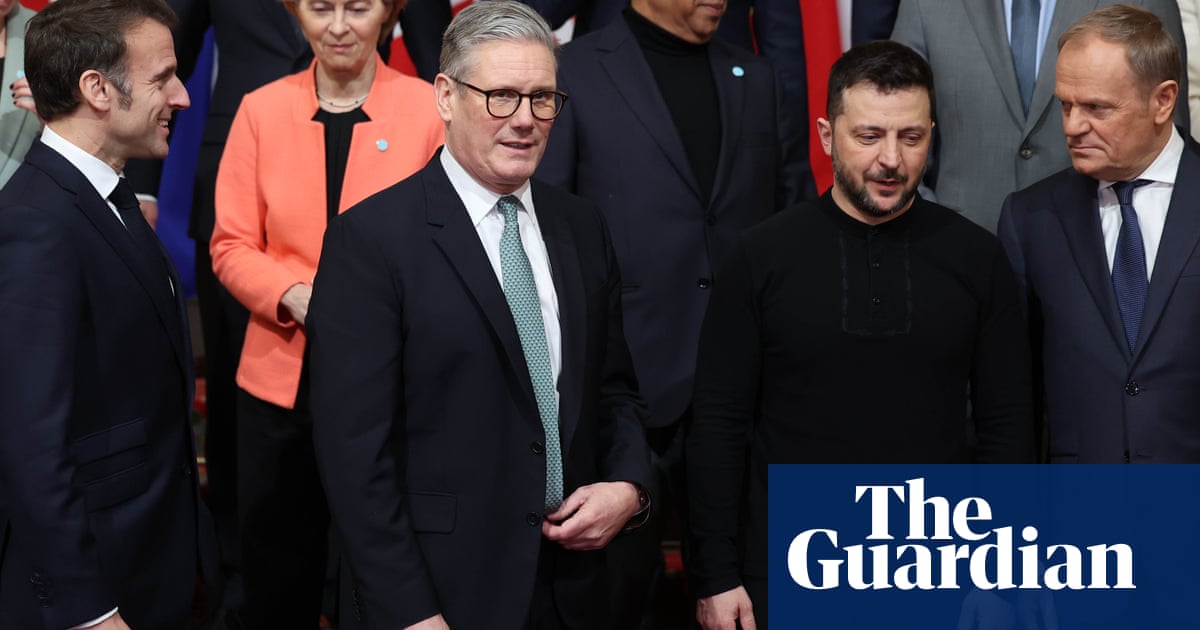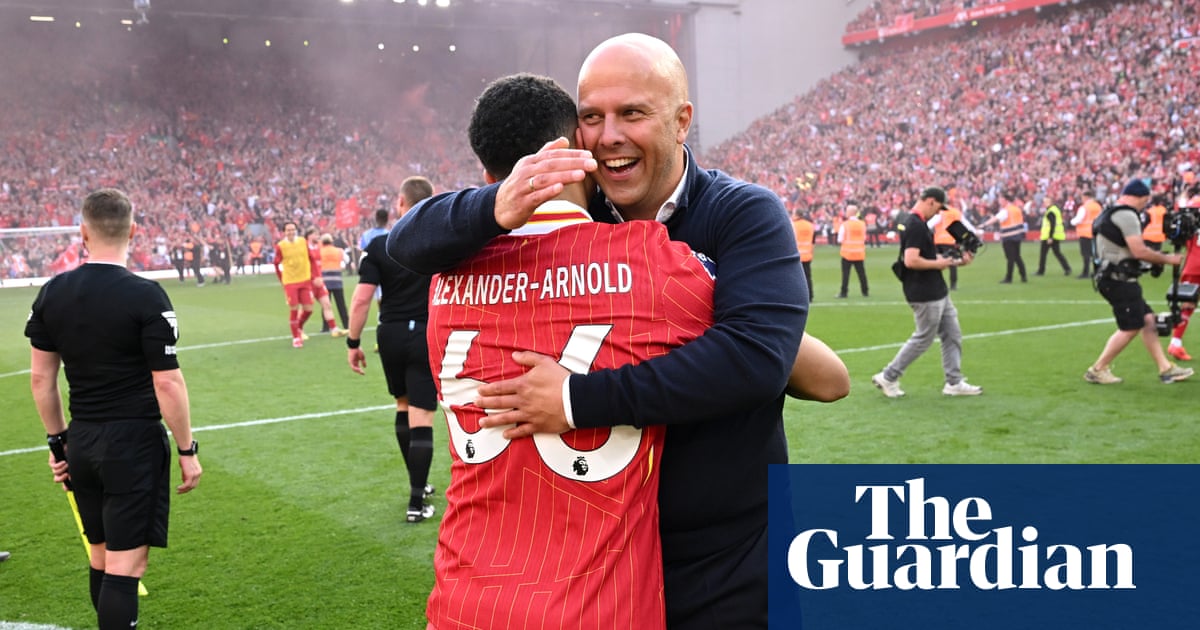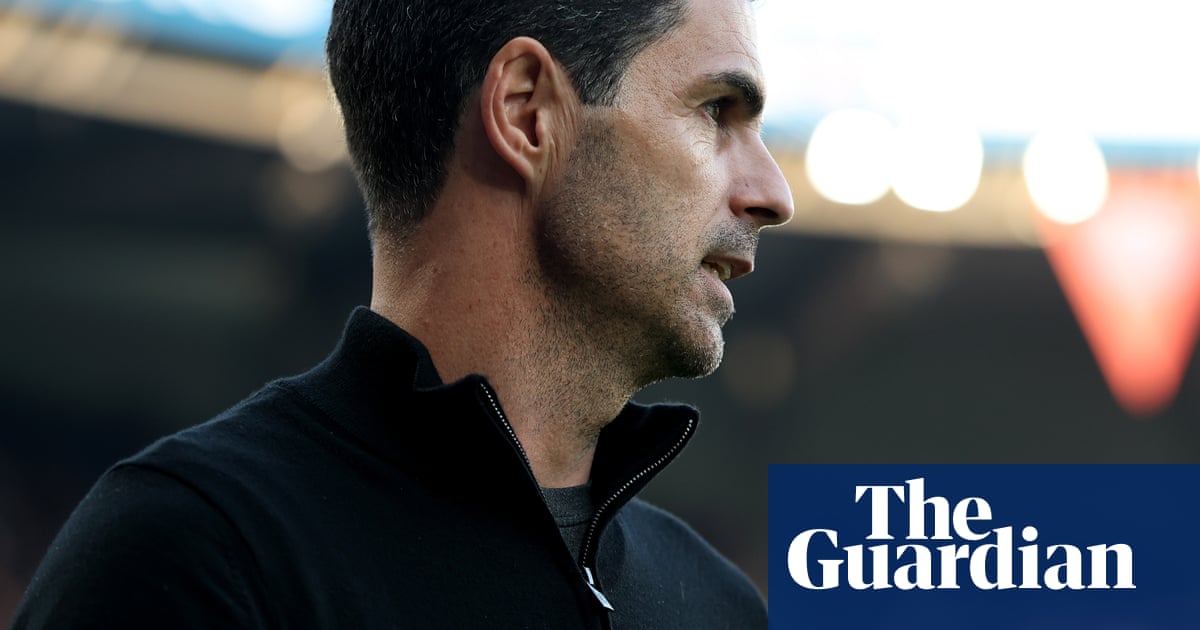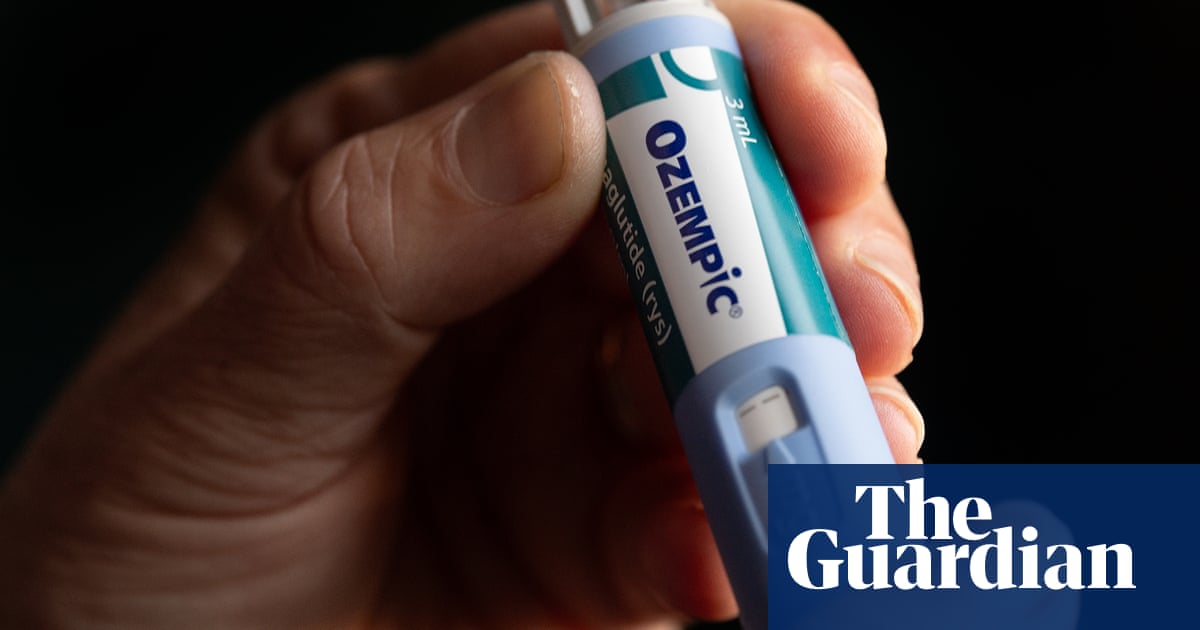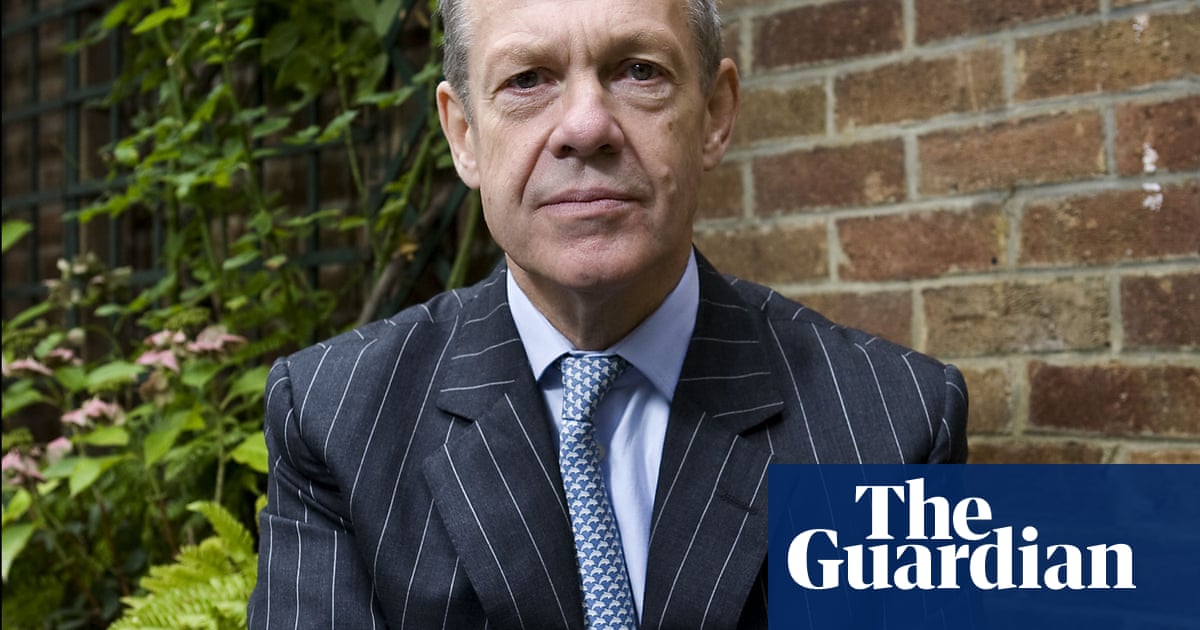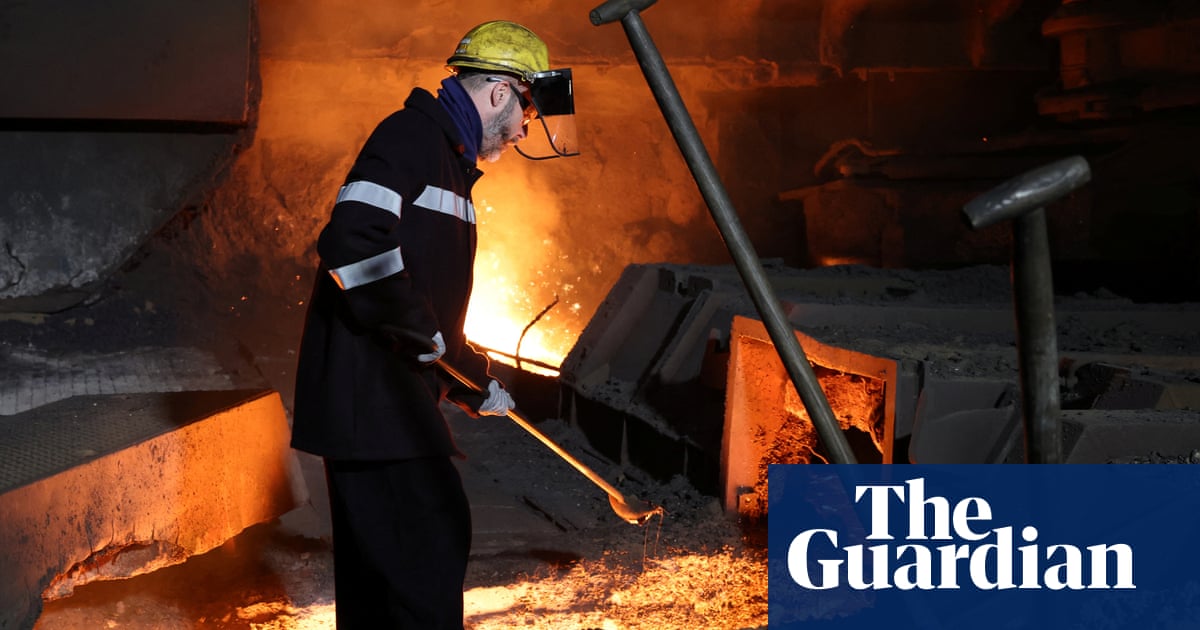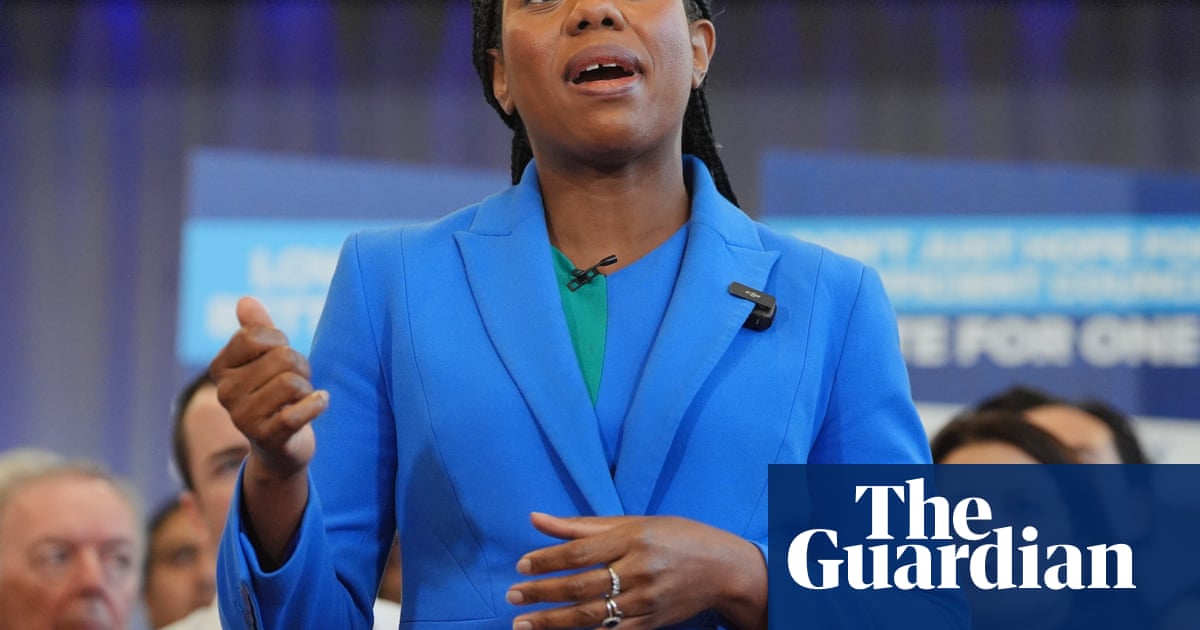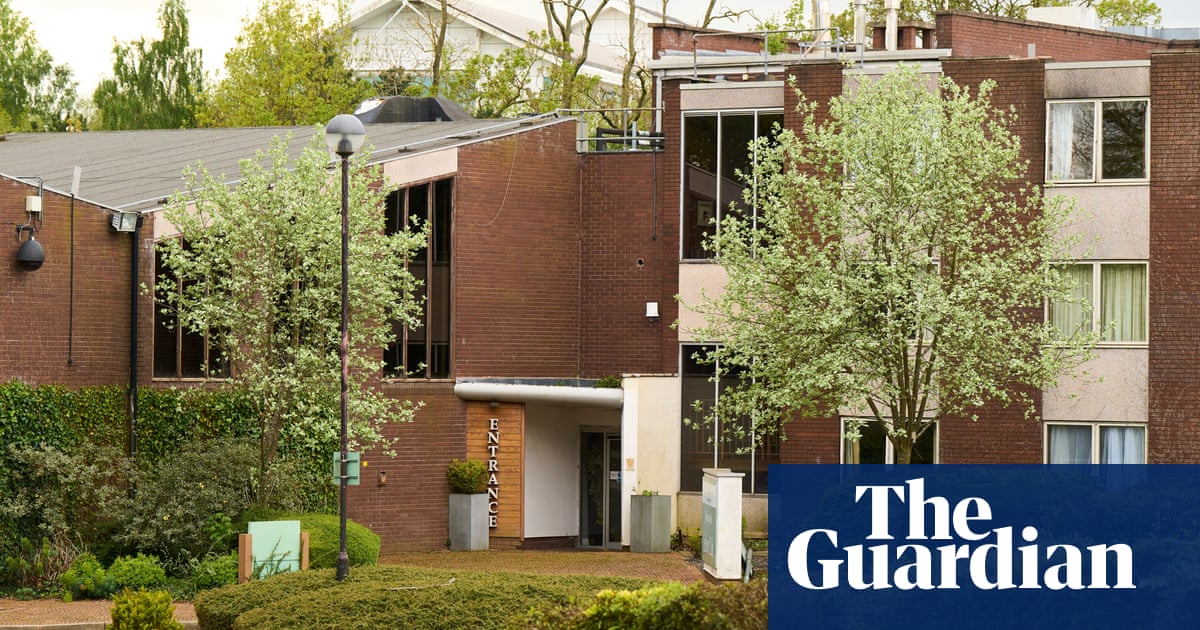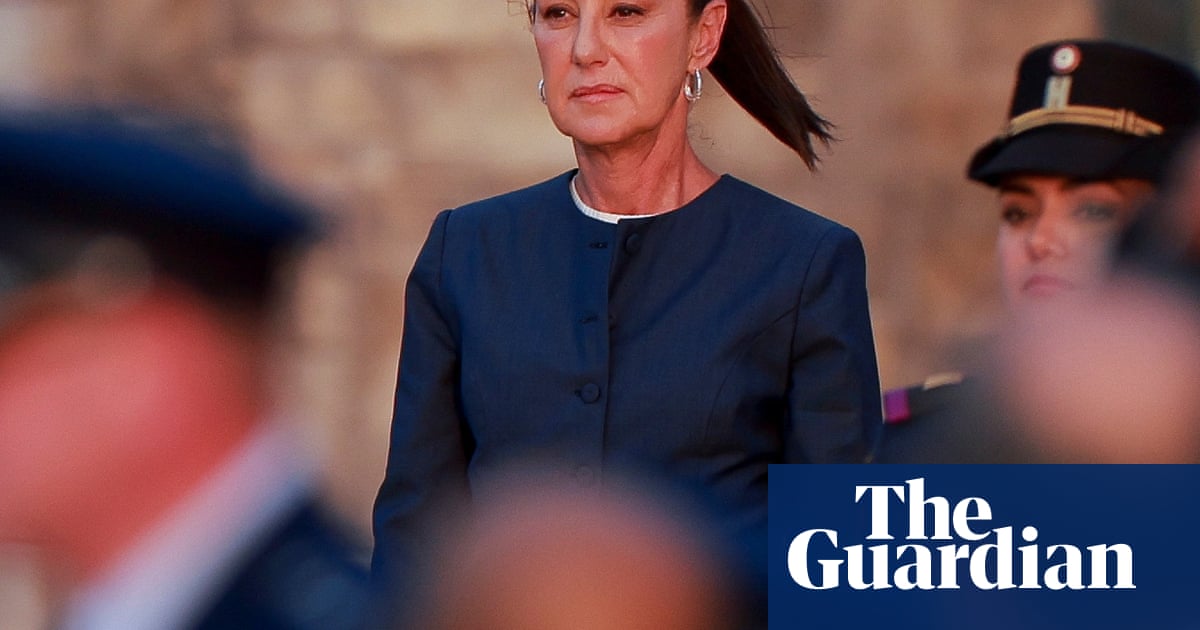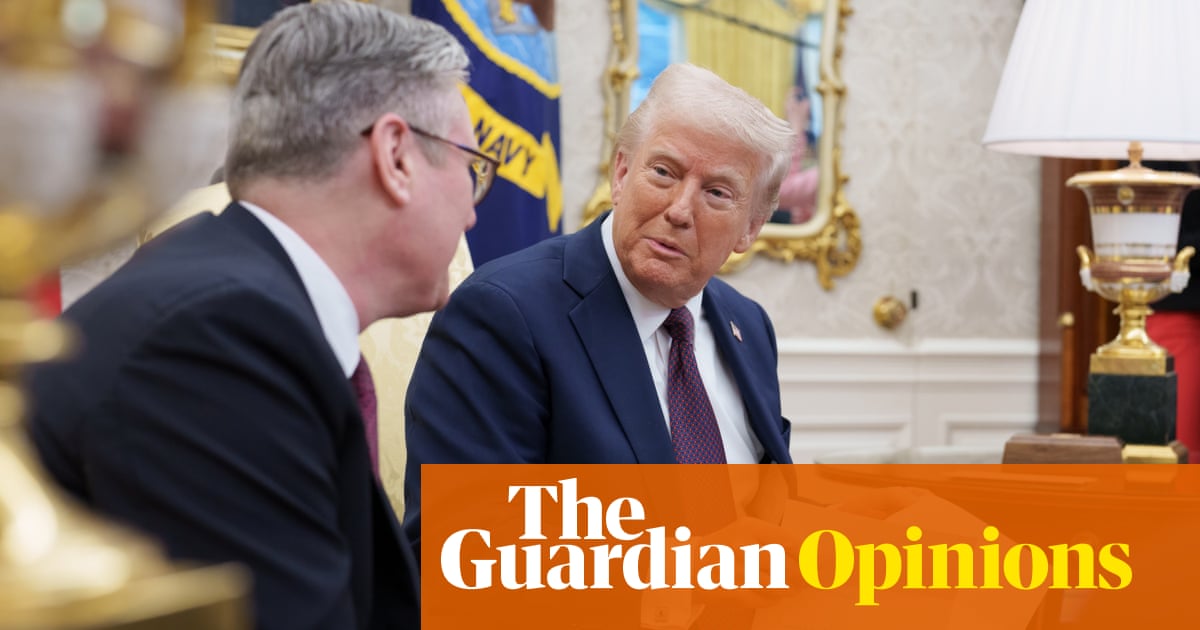The UK has “ambitious” plans to secure a closer trading partnership with the EU, Keir Starmer has said, as he argued the British public had moved on from Brexit.
Before a UK-EU summit, the prime minister urged people to “look forward, not back” as the country embarked on a new era of its relationship with the bloc.
At the end of a week in which Starmer has struck trade deals with the US and India, he indicated the UK would align with the EU on food standards, work more closely on law enforcement and that he would support a controlled youth mobility scheme.
It marks the start of a big political offensive by the government to explain the benefits of closer ties with the EU, amid some anxiety within Labour over how Reform UK will respond to the deal.
Frustrations are beginning to emerge in the EU over what it sees as a cautious approach by the government to its request for a reset in the relationship, in part because of the electoral threat from Nigel Farage’s party.
In an interview onboard HMS St Albans during a visit to Norway, Starmer told the Guardian: “I’m ambitious about what we can achieve there. I want a closer relationship on security, on defence, on trade and on the economy.
“The mindset is important and this is, I think, a shared approach. Let’s look forward, not back. Let’s recognise we’re living in a different world. We’re in a new era on security and defence. Equally, we’re in a new era on trade and the economy now.
“What President Trump is doing through his tariffs is for a purpose and we need to recognise that the way we lower barriers with like-minded partners really matters.”
Asked whether he believed the public had moved on enough from Brexit and if the public would understand the benefits of his EU reset, Starmer said: “I think so.
“Because I think people are focused on how we get the economy moving. How do I feel better off? How do we get more money into our public services and how do we protect my job? And it’s important to ask the question: who have you got in your mind’s eye when you make decisions?”
There had been high hopes on the EU side that the stage would be set for a deeper relationship at the summit due to be held in London on 19 May.
But some EU diplomats are concerned the UK’s appetite for a closer deal has been tempered by the success of Reform UK in the local elections, and by reaction to concessions to the Indian government over national insurance exemptions for staff seconded temporarily to the UK. One said: “Everyone is very sensitive to how a closer relationship lands in the UK.”
Business leaders are also apprehensive about the outcome of the summit, saying they want to go faster and deeper to claw back the loss of growth caused by Brexit. “The logic of being closer to the EU is inarguable but the fear is the politics are going to limit it,” one said.
The governor of the Bank of England said he hoped the UK could “rebuild” trade relationships with the EU after striking a trade deal with the US. Andrew Bailey said it would be “beneficial” to reverse the post-Brexit reduction in UK-EU trade. The Office for Budget Responsibility has estimated that Brexit reduced the UK economy’s long-run productivity by 4%.
Meanwhile, the government said it was willing to pay for UK companies to gain access to EU defence spending programmes worth hundreds of billions of pounds, after resistance from the French to give it access amid disputes over fishing rights.
The defence secretary, John Healey, told the BBC: “We are prepared to pay our fair share but we want to have a say in the programmes, while retaining UK intellectual property and export opportunities.”
after newsletter promotion
In his interview, Starmer said the “calm and pragmatic” approach he had taken in negotiations with the US and India to secure trade deals would also get an agreement with the EU over the line.
Contrasting the government’s approach with Tory administrations’ dealings with Brussels, he said: “We will do this in a serious, pragmatic way, and we won’t rush to the nearest microphone every time there’s a twist or turn in the negotiations.”
He backed Nick Thomas-Symonds, the minister for EU relations, who publicly confirmed this week the UK was looking at setting up a controlled youth mobility scheme with the EU. “We’re pragmatists, and that’s the approach that we bring to these negotiations. We’ve got red lines, but we’re pragmatists.”
However, government sources indicated that even if the youth mobility pact was mentioned as part of the reset agreement later this month, it would only be properly explored at a later date.
Starmer also suggested the UK would align with the EU on food and other standards as part of the deal. “We do not want to lower our standards on food. We are not involved in, nor will we be involved in, a sort of race to the bottom on standards,” he said. “I think that British people are proud of the high standards that we have, and we want to maintain those standards.”
The prime minister also accepted there would be a role for the European court of justice in resolving any disputes, as was already the case for the Northern Ireland border deal struck by Rishi Sunak. He said: “There’s already a role for the ECJ. Look at the Windsor agreement, that’s already there, and I think most people feel that the Windsor framework was a step forward.”
He added that the UK was pushing for a closer relationship with the EU on law enforcement.
“I do want to work more closely together. I do want to ensure we get the best possible arrangements for data sharing. I’d like us to work more with Europol and put ourselves in a position where the UK can lead investigations in Europol. We’re very good at it. So the ambition there is to work as closely as possible.”

 5 hours ago
5
5 hours ago
5

